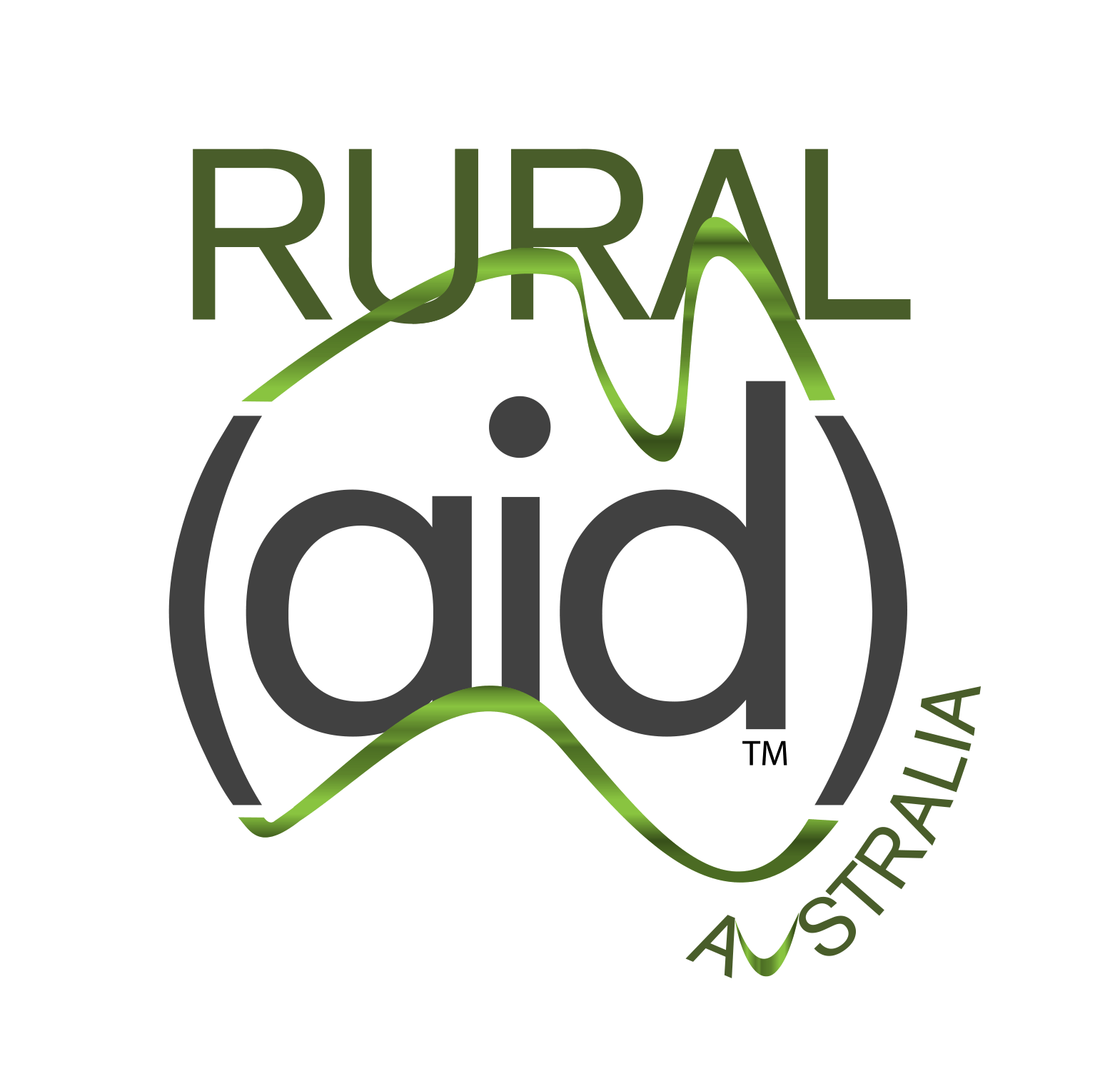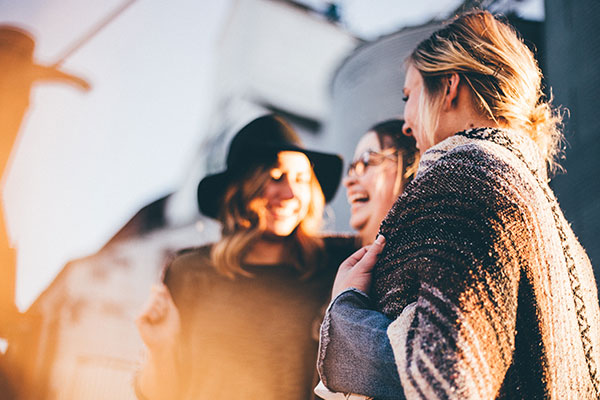Social Connection
By Darren Devlin
Rural Aid Counsellor and Community Representative
There are many resources and techniques that we can utilize to help keep our mental well-being balanced. We refer to these techniques and resources as our self-care practices. For example, we could exercise, eat well, practice gratitude, meditate or have a balance of any number of other techniques. Our self-care is as individual as we are. What works for me may not work for you or may even be detrimental to your well-being. For example, I like to exercise and meditate. Others may find exercise draining or an added stress. The trick is to try things out and discover what is right for you.
However, there is one resource that is proven to be effective for most people and is included in many mental health and well-being interventions. Social connection is a fantastic way to manage our well-being and keep our mental health balanced. Social connection is the connection we have with significant others in our lives. These social connections are often referred to as our social network.
Everyone’s social network may look different and vary in size from person to person. There is no hard and fast rule as to what your social network should look like or how big it should be. There aren’t any rules that govern who should be considered part of your social network. As long as those that make up your social network have significance to you, then they are considered part of your social network. Your social connections don’t always have to be other people, for example many people consider their pets as part of their family and are a very important component in their social network.
We all have different levels of need for connection, some people are happy with a few people while others like to be around lots of people. Just like any other self-care technique, play around with it to find out what you need and what works for you, and remember, this may change day to day. Some days you may need to be around people and some days you may need to be around that one close friend or even alone.
Evidence shows that meaningful and significant social connection has positive health benefits, for both our mental and physical health as well. People with stable and supportive relationships are proven to be better able to manage during hard times, cope with stress and manage symptoms of anxiety and depression (How Does Social Connectedness Affect Health? | CDC). It is also proven that people with social connection have lower rates of anxiety and depression, have a higher sense of self and self-esteem, demonstrate greater empathy for others and increased sense of belonging (Strong relationships, strong health – Better Health Channel).
Sometimes we need to turn to others for support and guidance in certain areas of our lives, whilst at other times we may just need someone to laugh with or even just be there. Often knowing that someone is sitting with you is enough for us to change our focus. Sometimes talking to someone can offer a different perspective. One of my favourite quotes is by Albert Einstein, who stated “You cannot solve a problem with the same mind that created it.” Or in other words sometimes we can’t see the solution because we may be too focussed on the problem.
Social connections aren’t always good connections. Sometimes the people that we associate with can bring us down or get us into trouble. So how do we know if a social connection is a good one?
- A positive social connection will make you feel supported
- You will feel comfortable sharing your thoughts and feelings with them
- They will listen
- They will accept you for who you are and not what they can get from you
- They may share your hobbies or passions and don’t criticize you for them
- They may uplift you and make you feel good about yourself
- They may just sit with you when you don’t feel like talking.
Good social connections will be a great source of comfort.
Farming life can become very isolating, with long days in the fields, potentially alone on the tractor. Many farmers that I have spoken with say that they have lost friendships or lose contact with their social connections because they are too busy, or that due to the onslaught of natural disasters they have been experiencing, they have been stuck in the recovery stage and so have their friends and neighbours. So how can a farmer who has lost connection or become isolated and build a social network?
Firstly, you must acknowledge the importance of maintaining strong social connections and make a priority to commit to it. Yes, there may be a lot of work to do on the farm, the fences may need to be rebuilt, there is always going to be something else to recover from. As we have witnessed over the last few years, there is always going to be another disaster, there is always going to be stressful events that take a toll on our mental health and well-being. Getting off the farm occasionally or having friends visit you is going to help you recover personally and evidence shows that the stronger the social connection, the better we are placed to handle stress, reduce anxiety and depression and ultimately become more resilient.
Some practical tips for building and maintain our social network may include:
- Calling a friend or relative and making a time to catch up with them
- Joining a social club or hobby club
- Volunteering in your community (maybe the fire brigade, SES or at the local Men’s Shed or CWA)
- Joining a gym or sports team (either to play or to support, most teams are always happy to have locals help)
- Taking your dog to the park and meeting other owners
- Attending community events or group meetings (Neighbourhood Centres and public halls often have a range of different events throughout the year).
Just remember building and maintain relationships can take time and effort. Don’t expect too much too soon, especially if you have just joined a new group. Give it time and nurture or invest in the relationship. You could try:
- Active listening (listen inventively, try to understand what they are saying, reflect on what they have said and respond appropriately)
- Be ready to give or offer your support (practical or emotional)
- Show them that you value them and appreciate the effort that they have made
- Laugh and allow yourself to be silly, you don’t always have to be so serious
- Find common ground or common interests
- Share the load, help them on their farm and allow them to return the favour
You don’t have to do life alone, even if there are times when you feel lonely or isolated. Reach out and start the conversation, who knows what may develop.
If you are struggling and feeling isolated and would like some help connecting with others, call our well-being intake line we can support you to develop strategies for building or strengthening your social network.
Rural Aid Counselling Intake Line – 1300 175 594
Or send us an email – mhwb@ruralaid.org.au

